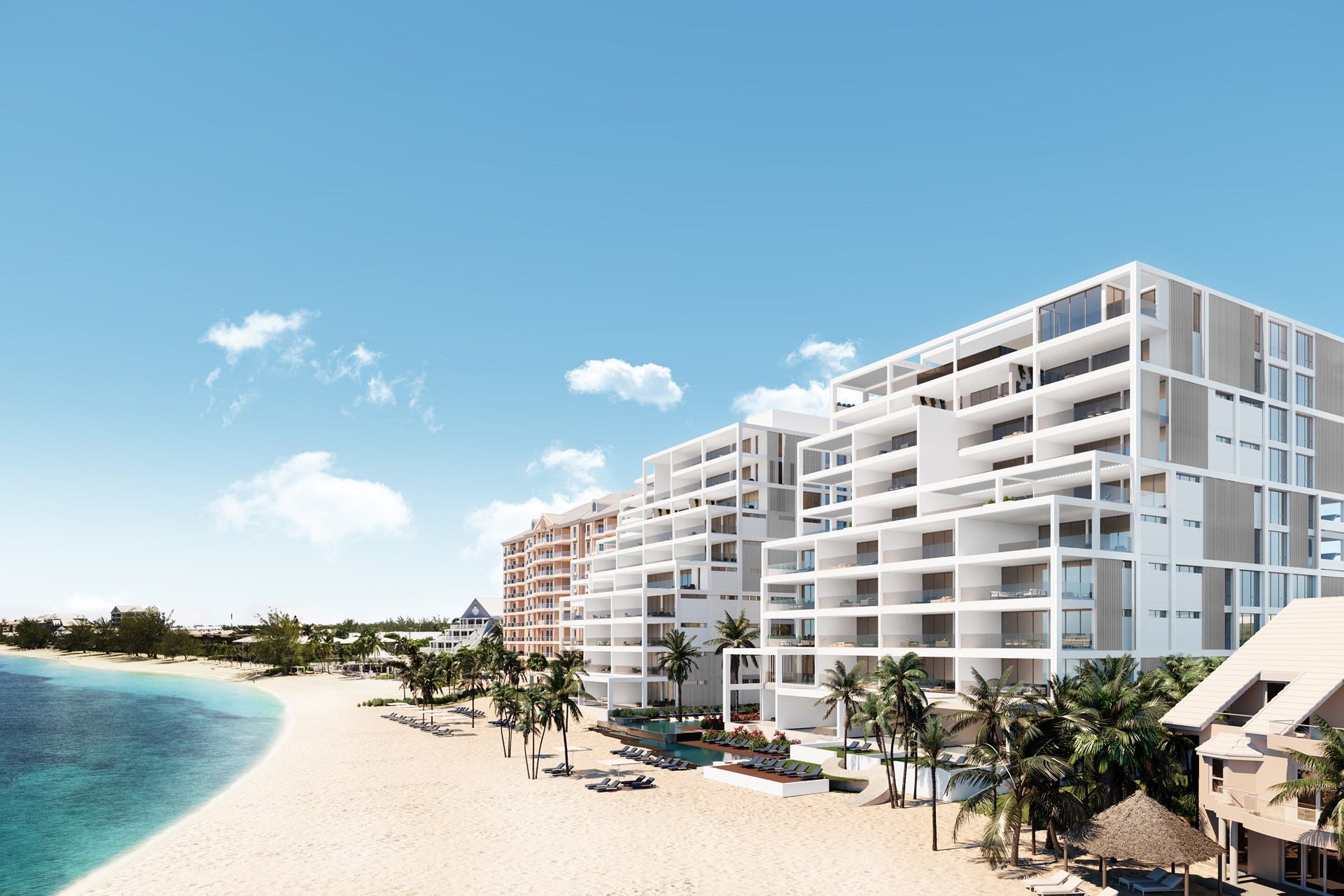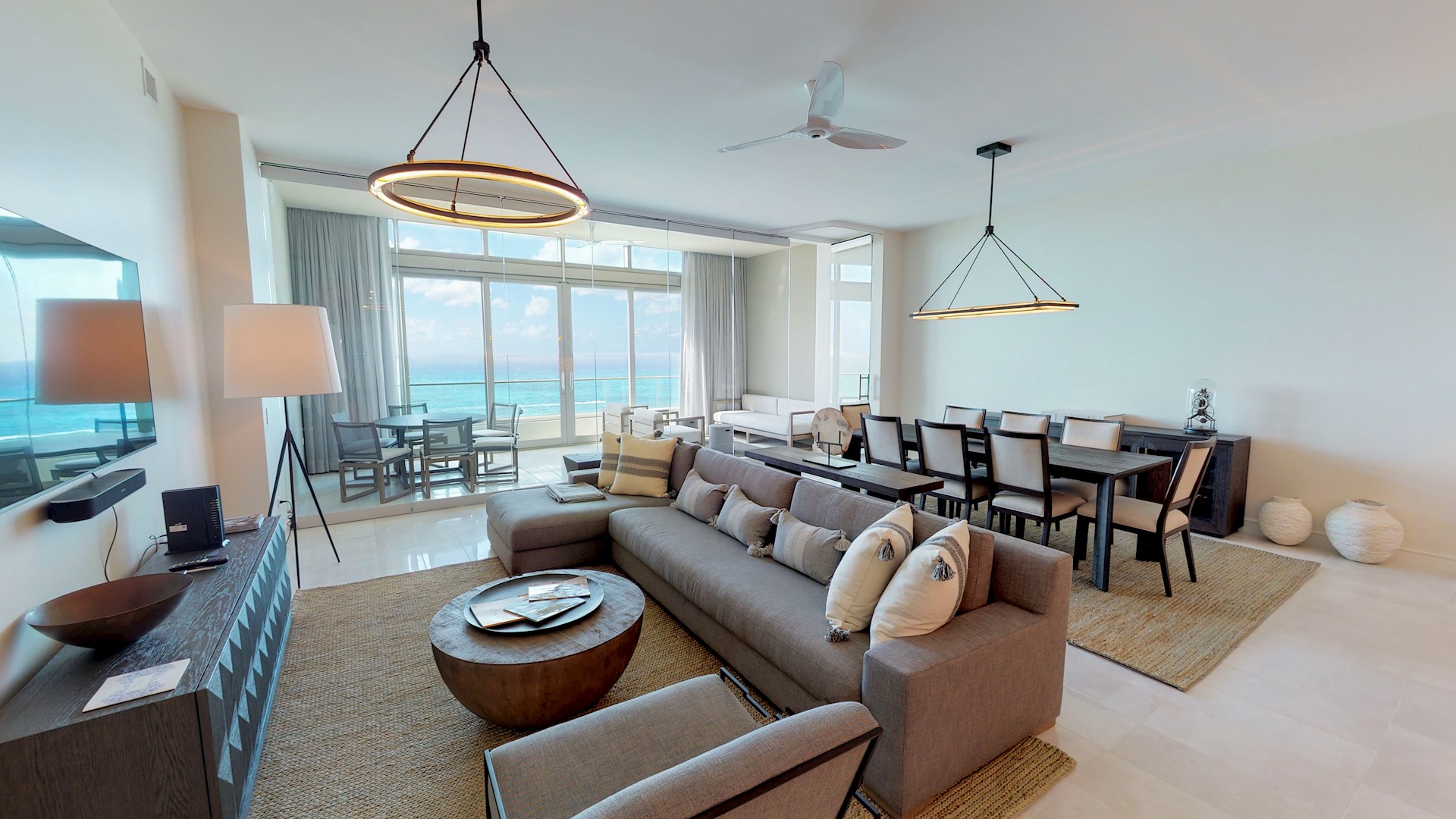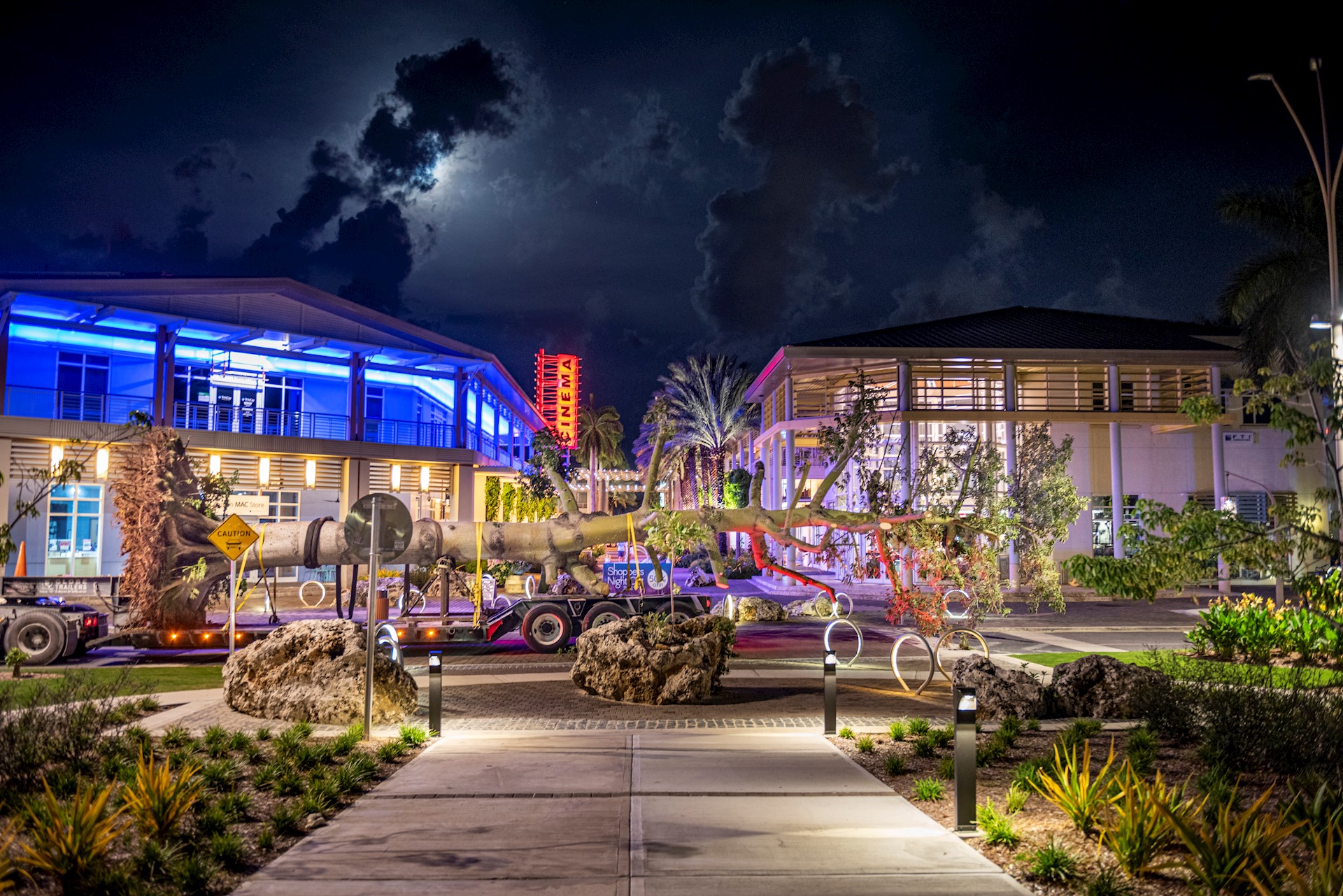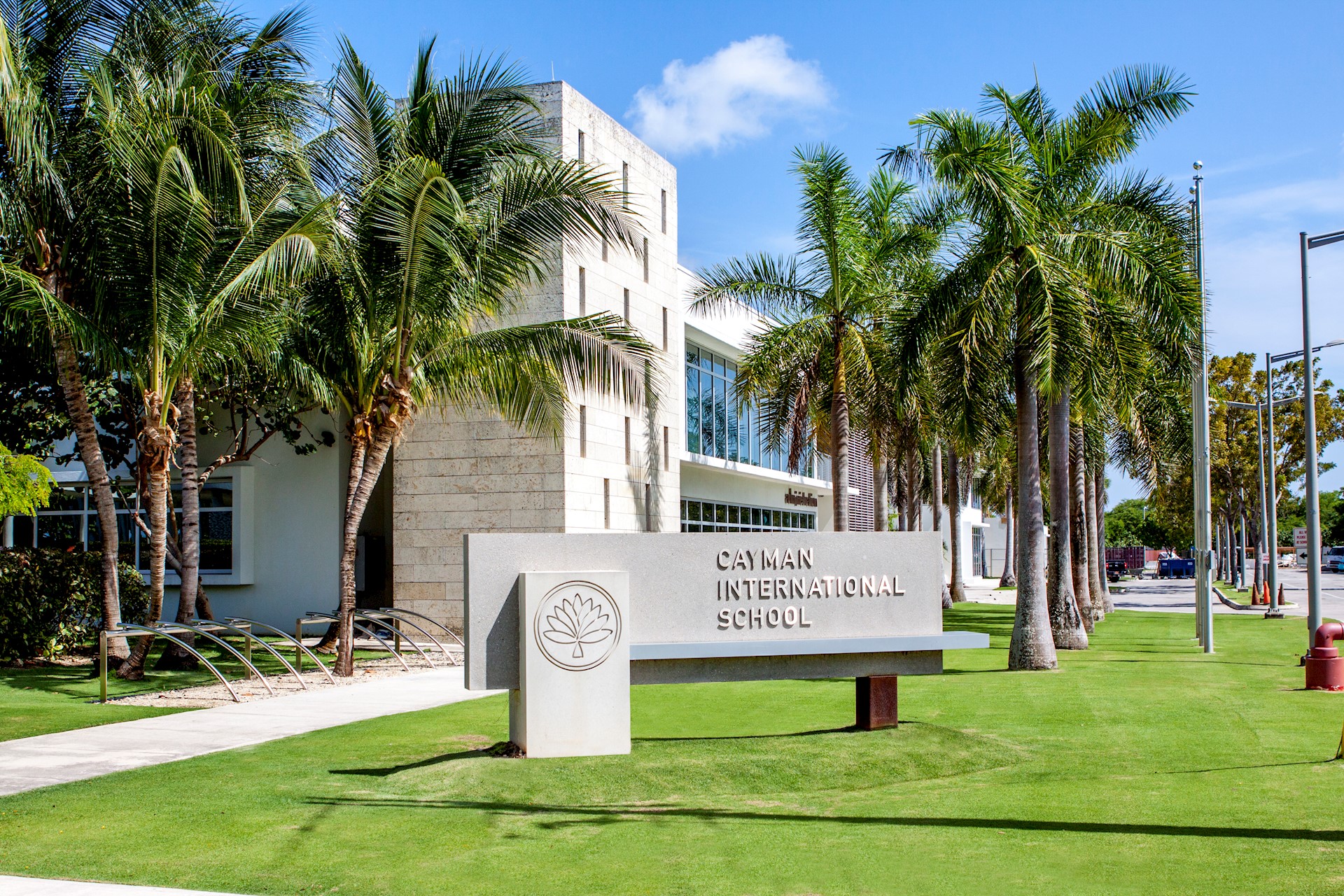
Cayman Islands’ education offerings
By Florence Allan
03 Sep 2020
The Cayman Islands is well known for its prominence as a global financial centre and top tourist destination; however, there is another industry in the British Overseas Territory that also holds its own in terms of global ratings – the high standard of teaching and education facilities.
“Top of the World” exam awards highlight the quality education that the Cayman Islands has to offer. Students from the Cayman Islands have matriculated to top boarding schools and universities such as Cambridge and Princeton, giving evidence that Cayman students are well prepared to apply and excel in these competitive settings.
What curricula/programmes are offered on island?
Despite Cayman’s small size, there are a variety of public and private schools which offer both British and American curricula. Private schools like Cayman Prep & High School and St. Ignatius Catholic School offer GCSEs and A-Levels under the British system while Cayman International School (CIS) offers American high school diplomas and the International Baccalaureate (IB) diploma to its students.
The IB diploma is known to be one of the best curricula for university preparedness. It’s a globally recognised, challenging qualification which encourages students to consider connections across subjects and so encourages students to become confident and independent learners. Students of the IB Diploma study six subjects over their final two years of high school, as well as complete an independent research project and at least 150 hours of creative, active or community service duties outside the classroom (source). This fosters well-rounded students, with graduates often admitted to advanced courses at universities around the world.
There are also schools dedicated to aiding children with special needs and disabilities on Grand Cayman. Lighthouse School is a public school dedicated to children with moderate to severe special needs and disabilities with over 100 enrolled students. It is now known as one of the best specialist schools in the Caribbean (source) and in 2015 was recognised as an ASDAN Centre of Excellence for Inclusive Curriculum (source). Hope Academy is another private school which specialises in educating children with learning difficulties and developmental disorders.
In addition to these programmes, there are a number of institutions providing tertiary education in Grand Cayman. There is a plethora of programmes in areas like finance, medicine, veterinary medicine, legal services, engineering and computer sciences; many of these courses are internationally accredited and serve both the local population and that of the wider Caribbean region. Enrolment at institutions like the University College of the Cayman Islands (UCCI) has continued to grow over the years; 2018 saw the associate programme expand to support 729 students, with 137 enrolled on bachelor’s degree programmes (source).
Cayman is a well-known global finance hub, and the industry provides many opportunities for students to get involved both in and out of the classroom. Cayman Finance offers classroom workshops, mentorship scheme, and work experience placements for students interested in careers within the industry (source).
What facilities do these schools have?
Aside from the excellent curricula on offer, Cayman’s schools also boast superb facilities for their students. Cayman International School (CIS) in Camana Bay is situated on a 13-acre campus complete with a swimming pool, gymnasium, tennis courts, athletic field, arts venue and with modern technology throughout (source). The award-winning architecture, along with the immaculate grounds, means the school facilities are among the best in the Caribbean.
The facilities at CIS are constantly improving and the school is currently undergoing an expansion project. An early childhood centre was opened in August 2019 and the high school expansion will open later in 2020 (source).
Aside from the world-class facilities, the average class at CIS is made up of fewer than 15 students, with 62% of teachers in education for more than 10 years (source). CIS is also a Round Square affiliate school where learning is built around themes: international understanding, democracy, environmental stewardship, adventure, leadership and service (source).
Government and private schools alike offer smaller class sizes than those in America and the UK, with the average student to teacher ratio across all schools on island to be 12.7:1 (source). This is less than the averages in both the UK (source) and the USA (source), were the student to teacher ratio is roughly 16:1 in both countries.
Most schools across the Islands have guidance and support counsellors to support student’s emotional and intellectual development as well as providing advice on course selection and the university application process.
There is also the option to supplement student learning by hiring a tutor to help with homework or exam preparation. Cayman has an array of qualified and experienced tutors available through either private hire or organisations such as Cayman Learning Centre and Clever Fish.
Do students go on to study at top schools/universities?
The quality of the education system is Cayman is demonstrated by the sheer number of students who go on to study at top boarding schools and universities around the world.
Parents of Caymanian and expat children alike often look to diversify their children’s education by enrolling them in top boarding schools in England, Canada and the USA – more than 50 children attended American and Canadian boarding schools in 2018 alone (source). There are a number of consultants who can advise on schools across North America and the UK, such as Dorm & Day (located in Cayman) and BvS Education (located in Northern Ireland). Additionally, there are two school fairs that take place in Grand Cayman every year which gives parents the opportunity to meet representatives from the top Canadian, American and British schools (source).
With regards to tertiary education, in 2018 the government scholarship programme supported nearly 600 students enrolled at universities in the UK and North America (source). Given that one of the Islands main industries is banking and finance, it makes sense that over a third of these students read social and business study programmes.
Many students enrolled at local schools have also gone on to study at Ivy League and Russel Group universities. There are many examples of local students being accepted and excelling in these world-class programmes such as Madeleine Rowell, a student at Cayman Prep & High School who went on to study psychology at Stanford University. This highlights how well prepared these local students are for the rigours of university life.
In addition to the government scholarship for higher education, there are a number of scholarships offered by the private sector to high-performing local students to facilitate their study overseas. One of the most sought-after scholarships is the Dart Scholar programme, which has funded students studying at some of the top universities around the world. Drew Milgate is a 2017 Dart Scholar studying Engineering at Cambridge University (source) while the most recent 2020 Dart Scholar, Johnathon Bedasse, will study at Columbia University (source). The programme also offers high school scholarships and includes hands-on experience in the students’ careers of choice and enrichment activities.
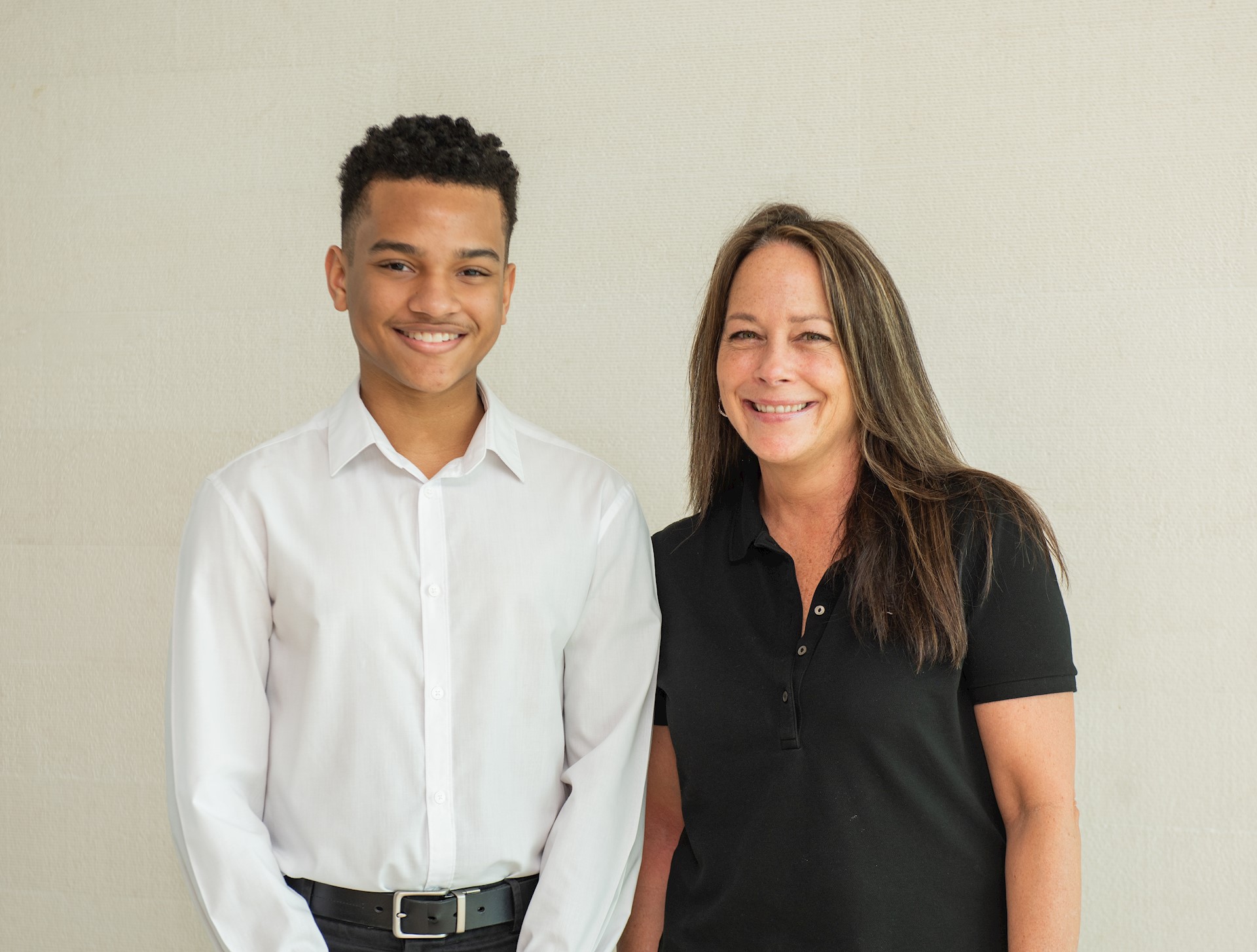
How easy is it to fly to these destinations?
The ease of international travel to and from Cayman is another factor which enables students to study at these world-class institutions. Cayman is currently served by 11 airlines which travel to major hubs in Canada, the USA and the UK (source). The government is currently extending the runway which, on completion, will support larger aircrafts capable of flying longer routes (source) and so new destinations are expected to be added to the schedule in the near future.
How do Cayman students compare to international students?
The first-class facilities and curricula on offer in Cayman have enabled local students to excel in their international examinations. One hundred percent of students who attempted the IB Diploma at CIS in both 2018 and 2019 were successful, which exceeds the global average pass rate of 78%. The average score of 31 at CIS also surpassed the global average, with the school’s highest 2019 score being 36 (source).
Local students studying A-Levels under the British system also continue to excel. Derricka Neysmith in 2017 (source) and Lucas Burke in 2018 both received the “Top in the World” award for receiving the highest global marks in their Travel & Tourism exam (source). This is the most prestigious award from Cambridge International, the examining body, with exams administered in 134 countries and has more than 545,000 total entries per year.
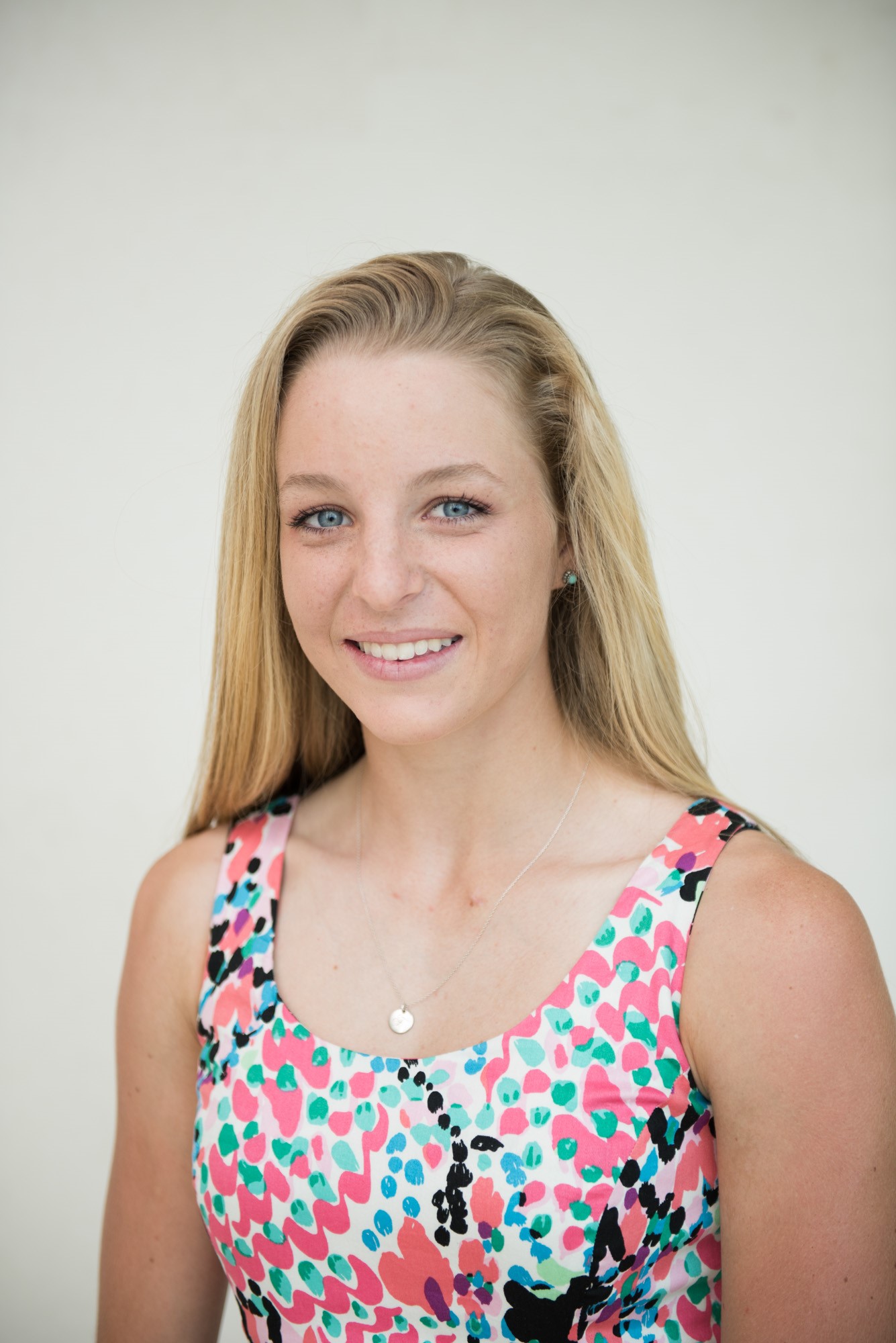
About the author
Florence Allan is a Dart Scholar and a returning intern with Dart’s business development team. She has joined various teams in Dart each summer since 2017, and before this she was a student at Cayman Prep & High School, spending her free time training for the Olympics, where she represented the Cayman Islands in sailing. While born in Scotland, Florence moved to Cayman at just six weeks old; her Scottish heritage and Caymanian upbringing offered her a truly multicultural childhood. For the past three years, Florence has been studying for her undergraduate degree in International Business Management at the University of Bristol, and she will be graduating by the end of summer 2020. Returning home for holidays is something Florence always looks forward to, as she misses her dog Archie when she is away and loves returning home to coach sailing to Cayman’s youth.
